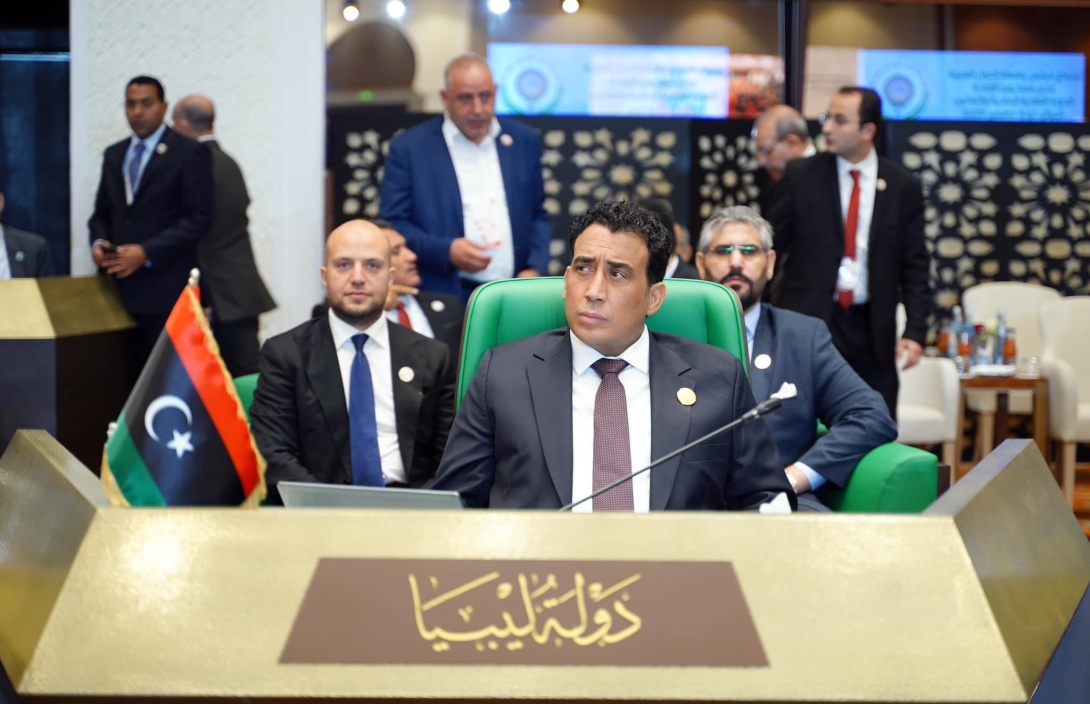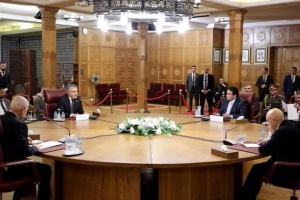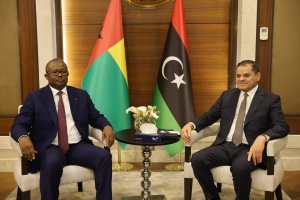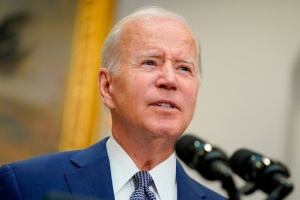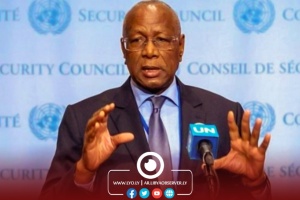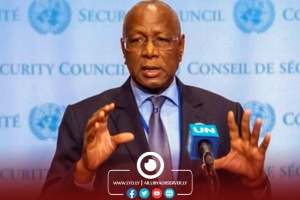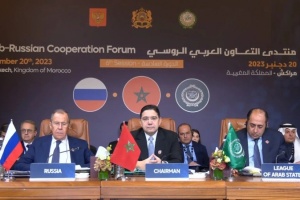The Head of the Presidential Council, Mohammed Menfi, said in his speech at the Arab League summit in Algeria that the continuation of the transitional periods does not reflect the aspirations of the Libyan people to build their state, nor does it serve their desire for permanent stability.
Menfi stressed that transitional periods prolong and aggravate crises, saying that they stand as a barrier the right to vote for all Libyans, reiterating the need to direct any dialogue toward the implementation of the road map emanating from the Libyan Political Dialogue Forum. He reaffirmed the necessity for strengthening political legitimacy through parliamentary and presidential elections as per a clear constitutional basis.
He called for keeping away from acts that increase divisions in Libya in accordance with the resolutions of the Security Council, and in line with the resolutions of the Arab League, urging the House of Representatives and the High Council of State to agree on establishing a constitutional basis for free and fair elections to be held as soon as possible.
Menfi called for adopting a unified Arab position toward the situation in Libya, especially regardin the departure of all foreign mercenaries and forces from Libya, stopping negative and unconstructive interventions, and supporting the democratic path and the peaceful circulation of power.
He outlined the Presidential Council's role in leading national reconciliation efforts in preparation for a peaceful and democratic transition of the legislative and executive authorities through parliamentary and presidential elections. He also hailed the regional efforts lining up with the work of the Presidential Council in order to launch the national reconciliation project, which he said "represents the most important basis for supporting all tracks to reach the desired stability and peace in Libya."
Menfi urged Arab League member states to support the Presidential Council by exercising its role in building bridges of confidence among Libyans, along with the role played by the United Nations, the African Union, and regional and international organizations.
The Head of Presidential Council underscored the need to address economic issues, which are highly important components of the crisis in Libya, given the non-diversified rentier nature of the Libyan economy. He said public funds must be kept away from the political conflict, urging for ensuring fair and rationalized spending.

